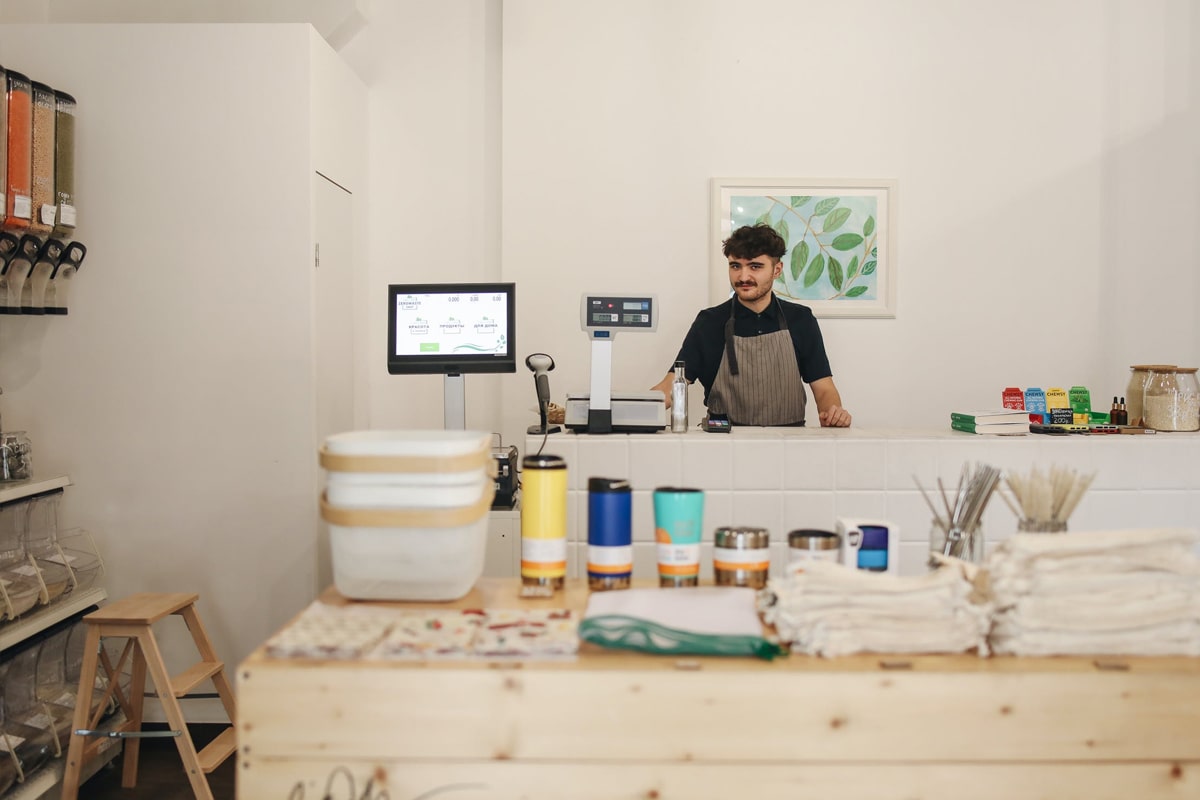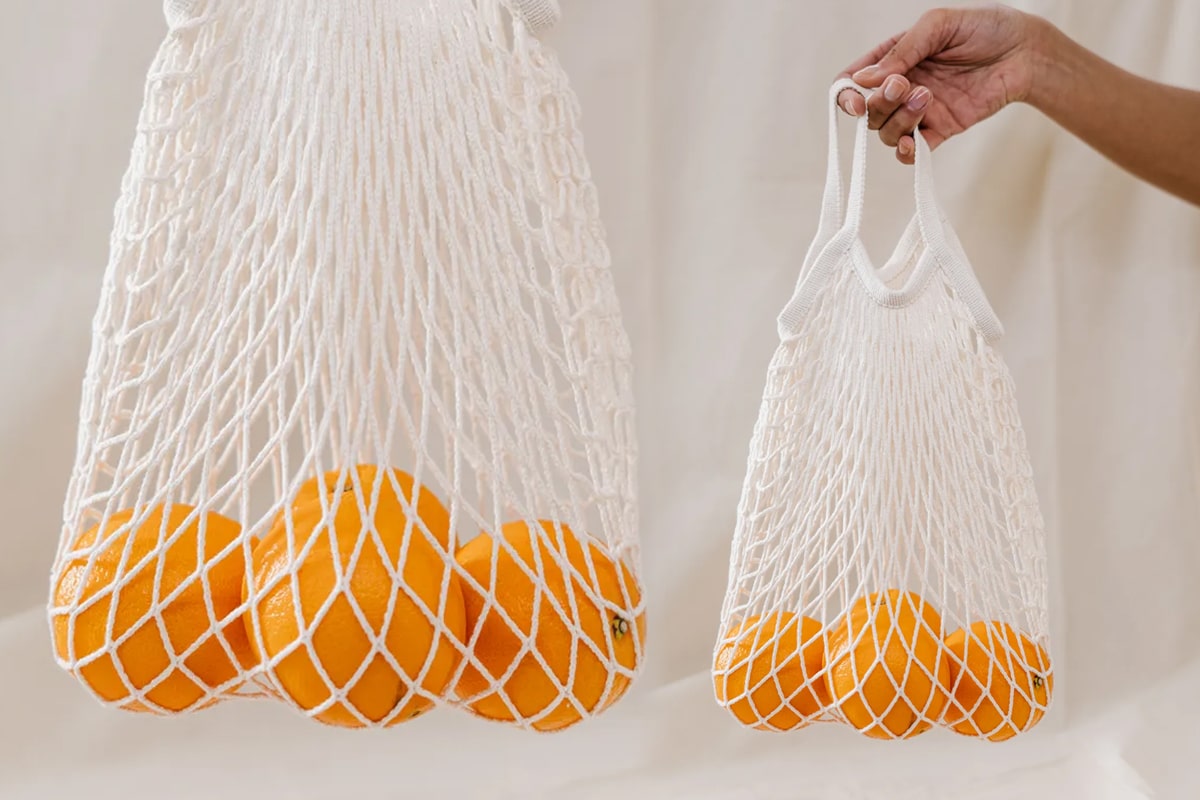Living in an eco-friendly home doesn’t have to mean major renovations or expensive upgrades. Often, the biggest impact comes from small, intentional changes. By making a few simple swaps in your daily routine, you can embrace sustainable living, reduce waste, and create a healthier environment for yourself and your family.
Easy Swaps to Create a More Eco-Friendly Home
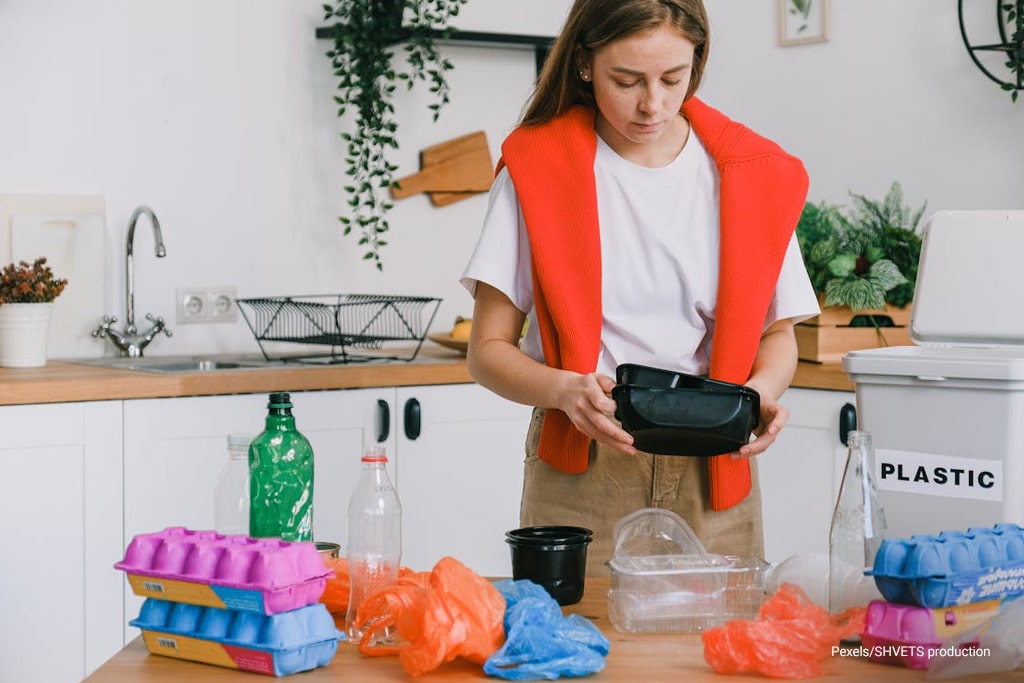
Small changes can make a big difference. If you’re looking for easy ways to live a more sustainable lifestyle, here are 10 simple swaps you can start today.
1. Swap Plastic Bottles for a Reusable Water Bottle
One of the easiest steps toward sustainability is saying goodbye to single-use plastic water bottles. A stainless steel or glass water bottle is durable, safe, and far more eco-friendly.
Sustainable lifestyle tip: Keep one in your bag or car so you’re never tempted to buy bottled water on the go.
2. Swap Paper Towels for Cloth Towels
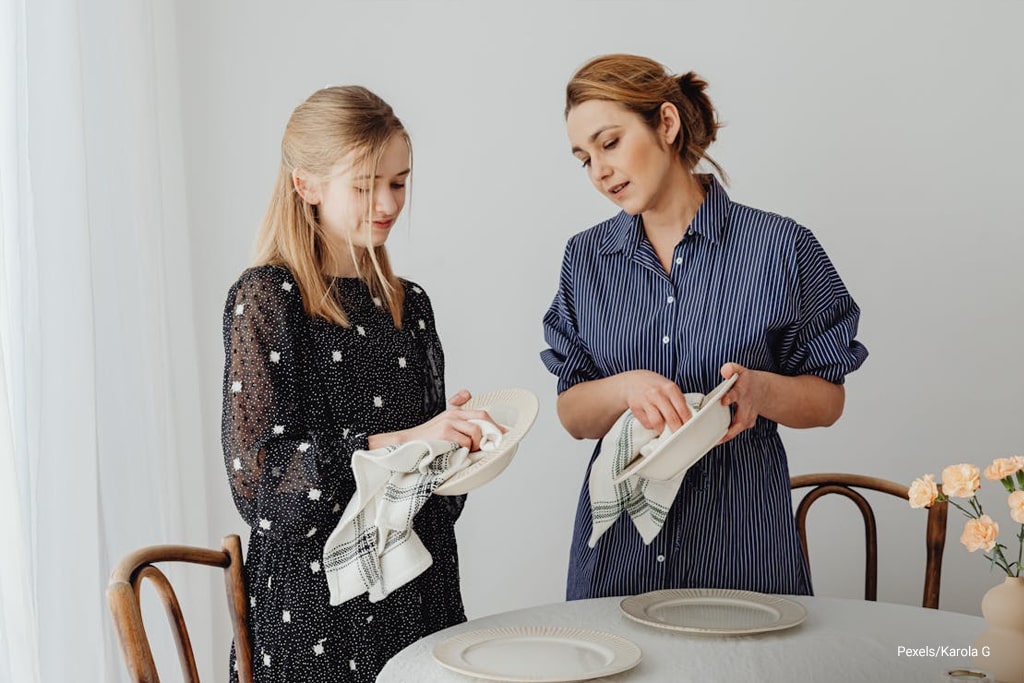
Disposable paper towels create mountains of waste. Instead, use washable cloth towels or microfiber cloths. They’re just as effective and last for years.
Eco-friendly home tip: Keep a basket of cloth towels handy in the kitchen for spills and cleaning.
3. Swap Plastic Bags for Reusable Shopping Bags
Single-use plastic bags are a major environmental problem. Reusable cloth or canvas bags are sturdy, washable, and much better for a sustainable lifestyle.
Sustainability tip: Keep a few bags in your car or near your front door so you don’t forget them.
4. Swap Conventional Light Bulbs for LEDs
LED bulbs use up to 80% less energy and last significantly longer than incandescent bulbs. This swap saves both money and energy in your eco-friendly home.
Sustainable living tip: Replace bulbs one at a time as they burn out to spread out the cost.
5. Swap Plastic Wrap for Beeswax Wraps
Instead of covering leftovers with plastic wrap, switch to beeswax wraps or silicone food covers. They’re reusable and biodegradable, making your kitchen more eco-friendly.
Sustainability tip: Beeswax wraps work great for cheese, bread, and produce.
6. Swap Disposable Coffee Cups for a Reusable Mug
Billions of disposable coffee cups end up in landfills each year. A stainless steel or bamboo travel mug makes your morning coffee ritual part of your sustainable lifestyle.
Eco-friendly home tip: Some coffee shops even give discounts when you bring your own cup.
7. Swap Harsh Cleaners for Natural Alternatives
Conventional cleaners often contain harmful chemicals that aren’t good for your health or the planet. Natural cleaning products—or DIY mixes with vinegar, baking soda, and lemon—are safer and sustainable.
Sustainable living tip: Store DIY cleaners in glass spray bottles for a zero-waste solution.
8. Swap Fast Fashion for Sustainable Clothing
Clothing production is a major polluter. Instead of fast fashion, opt for sustainable brands, thrift stores, or clothing swaps with friends. This supports both the planet and your wallet.
Sustainable lifestyle tip: Buy fewer, higher-quality pieces that last longer.
9. Swap Dryer Sheets for Wool Dryer Balls
Traditional dryer sheets are single-use and filled with synthetic chemicals. Wool dryer balls are reusable, natural, and help clothes dry faster—saving energy.
Eco-friendly home tip: Add a drop of essential oil to your dryer balls for natural fragrance.
10. Swap Regular Trash for Composting
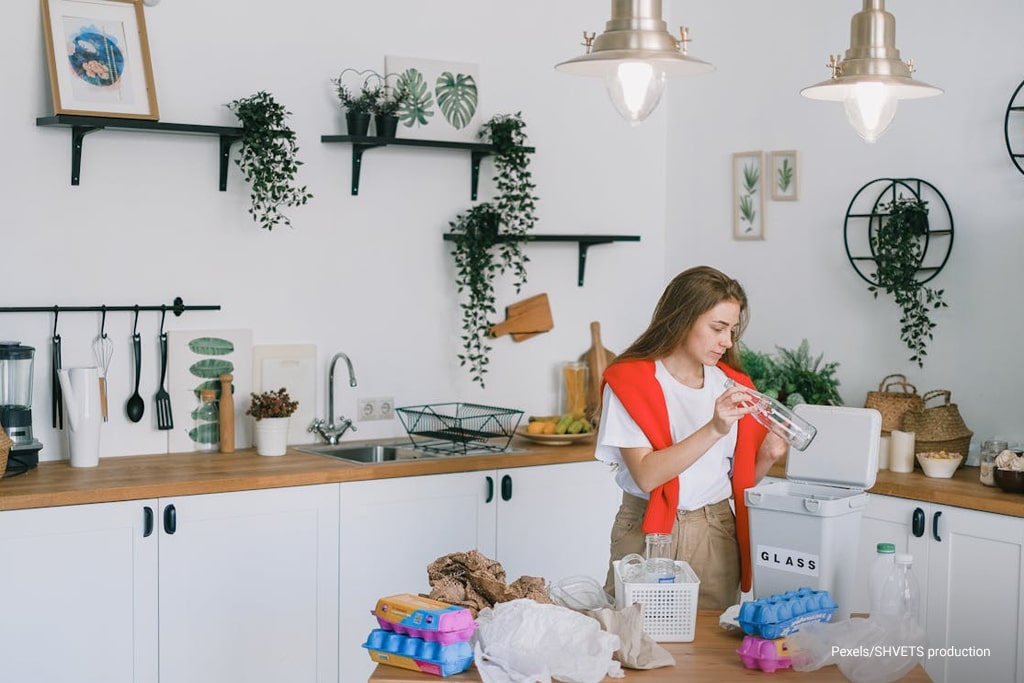
Food waste in landfills creates methane, a powerful greenhouse gas. Composting turns scraps into nutrient-rich soil for gardening, closing the loop on waste.
Sustainability tip: Start small with a countertop compost bin or join a local composting program.
Simple Changes for a Greener, More Sustainable Lifestyle
Creating a more sustainable home doesn’t mean changing everything at once. These 10 simple swaps are easy, affordable, and impactful ways to embrace sustainable living. Over time, these changes add up, helping you build an eco-friendly home that reflects your values and supports a healthier planet.
By choosing a sustainable lifestyle, you’re not just reducing your footprint—you’re setting an example for family, friends, and future generations. Small actions today can create big change tomorrow.


